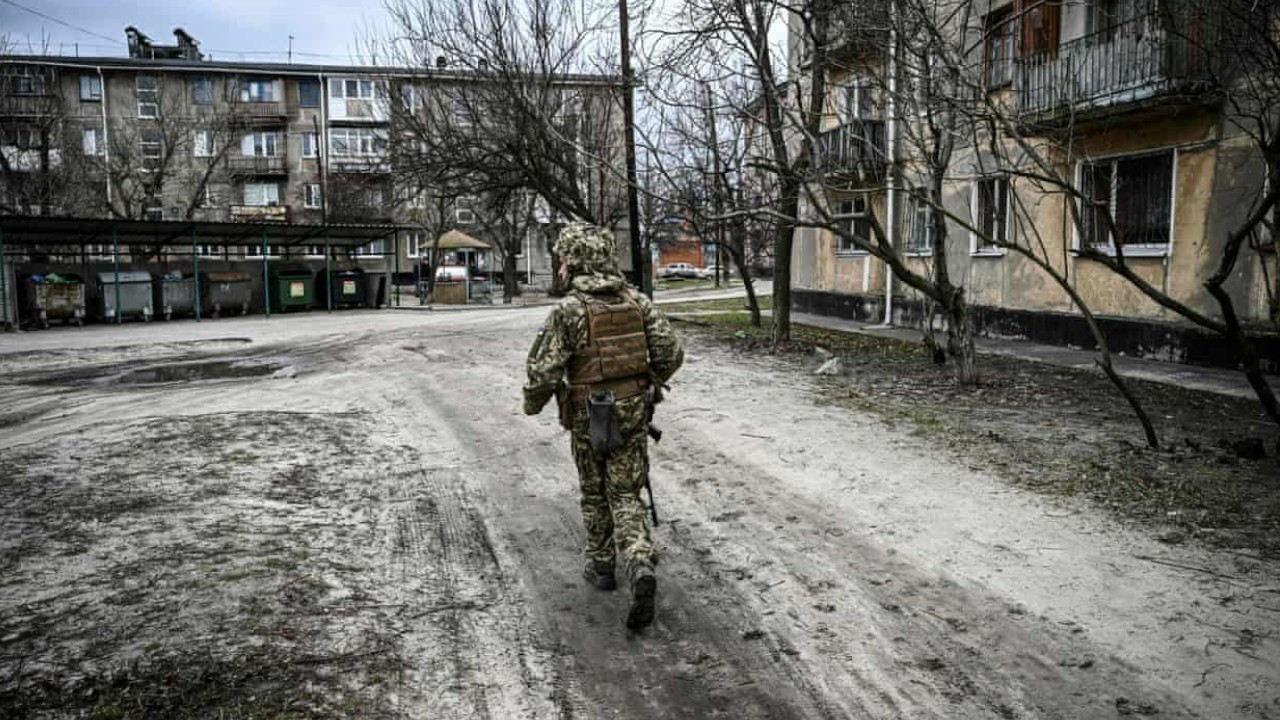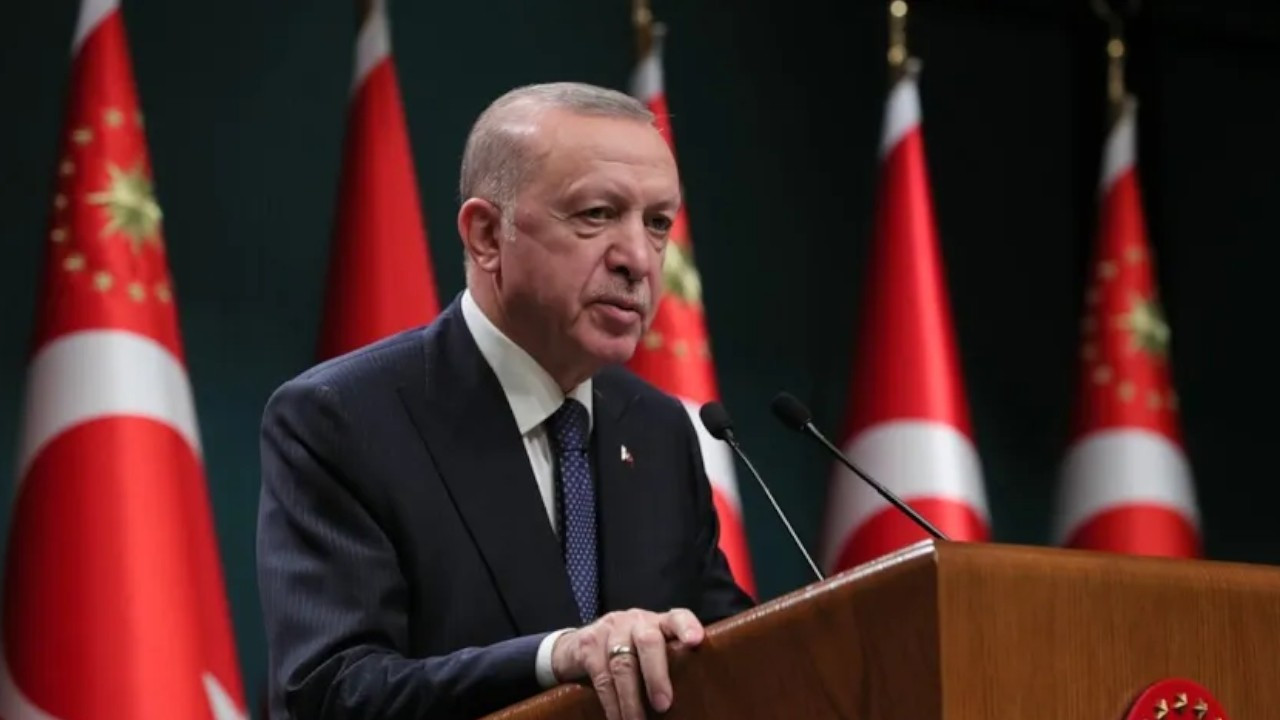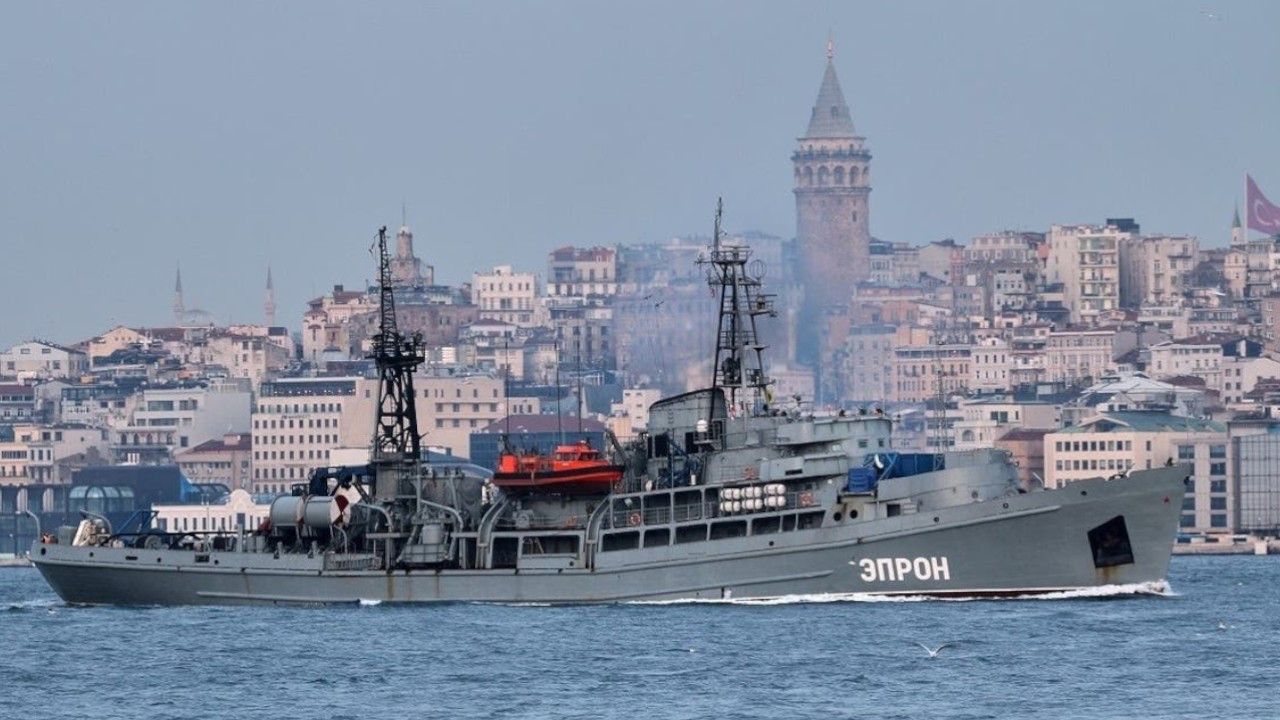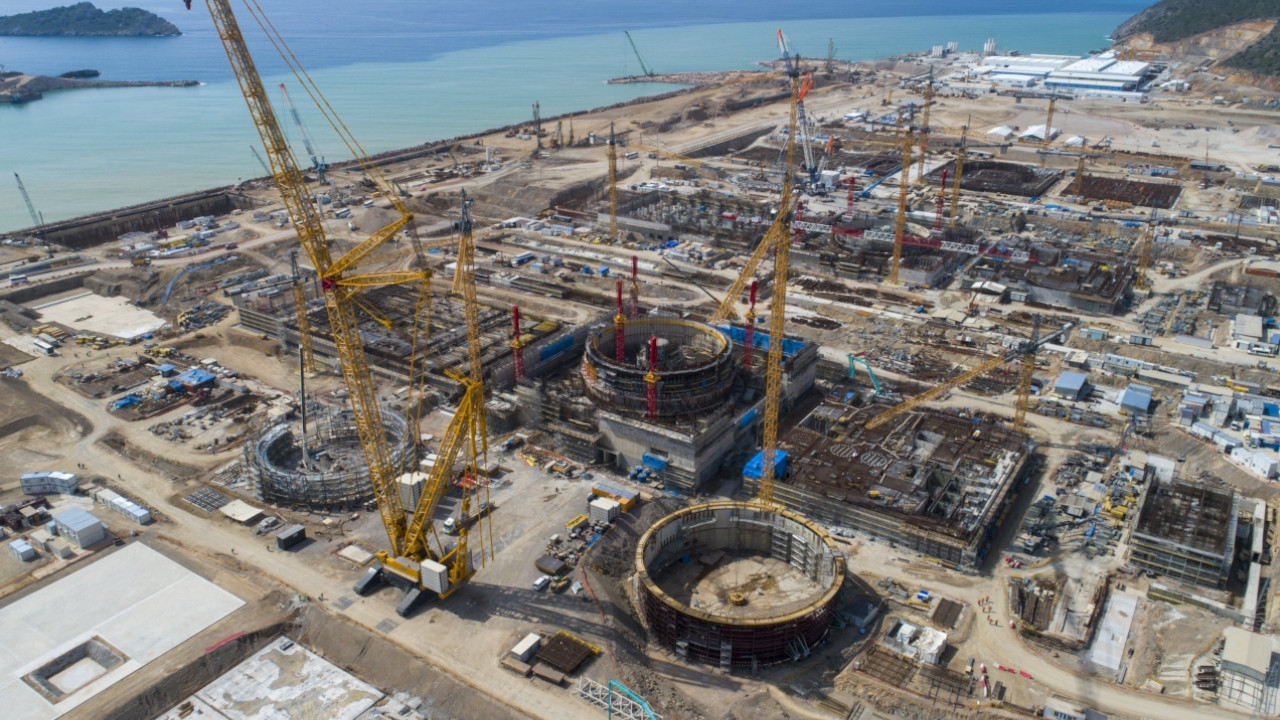Turkey urges respect for Montreux Convention after closing Black Sea straits to warships
Turkish Defense Minister Hulusi Akar has called on all countries to respect the 1936 Montreux Convention, saying that Turkey will implement articles 19, 20 and 21 of the treaty. Akar's comments came after Turkey warned both Black Sea and non-Black Sea countries not to pass warships through its Bosphorus and Dardanelles Straits.
Duvar English - Reuters
Turkey is calling on all sides in the Ukraine crisis to respect an international pact on passage through the Turkish straits to the Black Sea, Defence Minister Hulusi Akar said, after Ankara closed access.
"Eroding Montreux or disrupting the status quo in any way is to nobody's benefit. We see a benefit in preserving Montreux. We tell all sides that it would be beneficial to abide by Montreux," Akar was quoted as saying by state-run Anadolu Agency on March 1.
"We will continue to implement articles 19, 20 and 21 of the Montreux Straits Convention, as we have done so far," Akar said.
NATO ally Turkey borders Ukraine and Russia in the Black Sea and has good ties with both. Under the 1936 Montreux Convention, Ankara has the right to limit transit through its straits during wartime.
This allows it to curb Russian warships going to the Black Sea. The pact grants exemption to ships returning to their home bases.
Turkish Foreign Minister Mevlüt Çavuşoğlu said on Feb. 28 that Turkey had warned both Black Sea and non-Black Sea countries not to pass warships through its Bosphorus and Dardanelles Straits,
"We implemented what Montreux says, and we will do so from now on. There has been no request for passage through the straits until today," Çavuşoğlu told reporters after a Cabinet meeting in the capital Ankara.
In a call on Feb. 28, U.S. Secretary of State Antony Blinken "expressed his appreciation" to Çavuşoğlu for Turkey's implementation of the accord, U.S. State Department spokesperson Ned Price said.
While calling Russia's invasion an unacceptable violation of international law, Turkey has carefully formulated its rhetoric not to offend Moscow, with which Ankara has close ties in energy, defence and tourism. It has called for dialogue and offered to host peace talks.
Late on Feb. 28, President Recep Tayyip Erdoğan spoke to Belarusian leader Alexander Lukashenko about ceasefire talks between Russia and Ukraine on Belarus' border, his office said.
"We are determined to use the powers the Montreux Convention grants our country to ease the crisis," Erdoğan said after the Cabinet meeting on Feb. 28. "We will surely not compromise on our national interests, but we will also not disregard regional and global balances. This is why we cannot abandon ties with Russia or Ukraine."
While forging close ties with Russia, Turkey has also sold drones to Ukraine and signed a deal to co-produce more, angering Moscow. It also opposes Russian policies in Syria and Libya, as well as its 2014 annexation of Crimea.

 Turkey, US agree to intensify efforts for Ukraine-Russia ceasefireDiplomacy
Turkey, US agree to intensify efforts for Ukraine-Russia ceasefireDiplomacy Erdoğan says Turkey will implement Montreux Convention to prevent escalation of warDiplomacy
Erdoğan says Turkey will implement Montreux Convention to prevent escalation of warDiplomacy Turkey warns countries not to pass warships through straitsDiplomacy
Turkey warns countries not to pass warships through straitsDiplomacy Russian-built Akkuyu power plant might pose a threat to Turkey as war with Ukraine rages: ExpertsEnvironment
Russian-built Akkuyu power plant might pose a threat to Turkey as war with Ukraine rages: ExpertsEnvironment